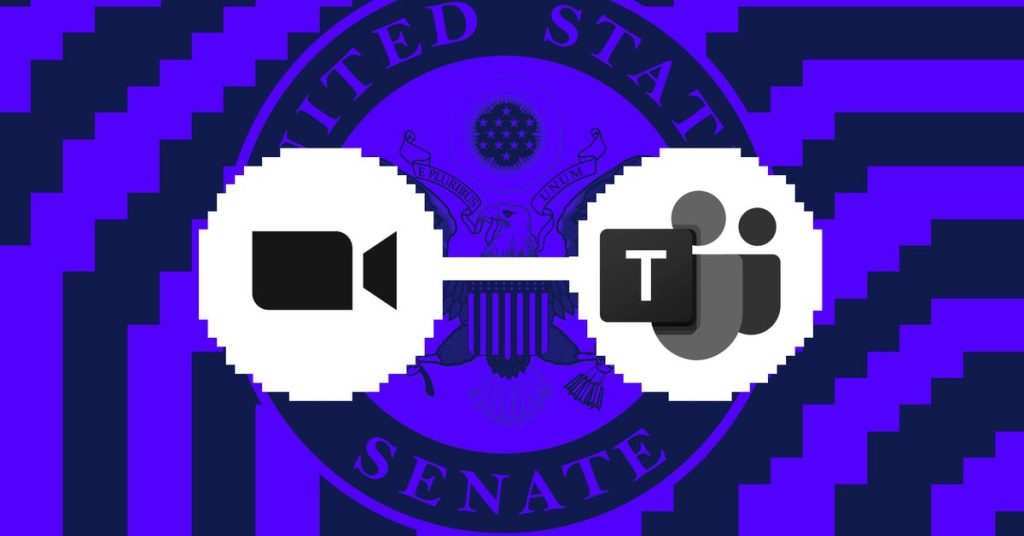New Bill Aims to Enhance Security and Interoperability in Government Collaboration Tools
Proposed Legislation by Sen. Ron Wyden
Senator Ron Wyden (D-OR) has introduced a new bill, the Secure and Interoperable Government Collaboration Technology Act, which aims to improve the security and interoperability of collaboration tools used by the federal government. The proposed legislation would require these tools, such as videoconferencing and messaging platforms, to be able to communicate with each other seamlessly, regardless of the company that created them.
Ensuring High Security Standards
In addition to promoting interoperability, the bill would also enforce stringent security standards for government collaboration tools. This includes the implementation of end-to-end encryption to safeguard government communications from potential foreign surveillance. However, the bill also ensures that the government remains compliant with federal record-keeping regulations.
Implementation Process
Under the proposed legislation, the General Services Administration (GSA) would be responsible for compiling a list of collaboration technology features utilized by the government, such as videoconferencing, text-based messaging, file sharing, scheduling, and live document editing. The National Institute of Standards and Technology (NIST) would then develop a set of interoperability standards for these features.
Technology vendors would have a four-year window from the time NIST identifies the interoperability standards to become compliant if they wish to continue selling their tools to the federal government. A working group consisting of the GSA and the Office of Management and Budget would review the technology used by the federal government every two years to suggest updates to the standards. Additionally, the Department of Homeland Security (DHS) would be tasked with conducting cybersecurity reviews of widely used collaboration technology tools within the federal government.
Addressing Security Concerns and Market Competition
The introduction of this bill highlights the government’s concerns regarding potential security risks that could arise through technology vendors. It follows a recent report by the DHS, which blamed a “cascade of security failures” at Microsoft for a Chinese hack of US government emails.
It’s time to break the chokehold of big tech companies like Microsoft on government software, set high cybersecurity standards and reap the many benefits of a competitive market. Vendor lock-in, bundling, and other anticompetitive practices result in the government spending vast sums of money on insecure software.
The bill has garnered support from various groups, including Accountable Tech, Demand Progress, Fight for the Future, and encrypted email and cloud storage provider Proton. Digital rights activist Cory Doctorow also expressed his support, stating:
Interoperability — the ability to plug something new into a technology, with or without permission from the manufacturer — is the key to defeating Big Tech.
If passed, the Secure and Interoperable Government Collaboration Technology Act could not only enhance the security and interoperability of collaboration tools used by the federal government but also encourage the industry to adopt greater interoperability across their user bases, fostering a more competitive market.

2 Comments
Oh, so now they decide to fix video calls when we’ve all mastered the art of pretending to freeze!
Finally, someone’s thinking about our virtual meeting nightmares!